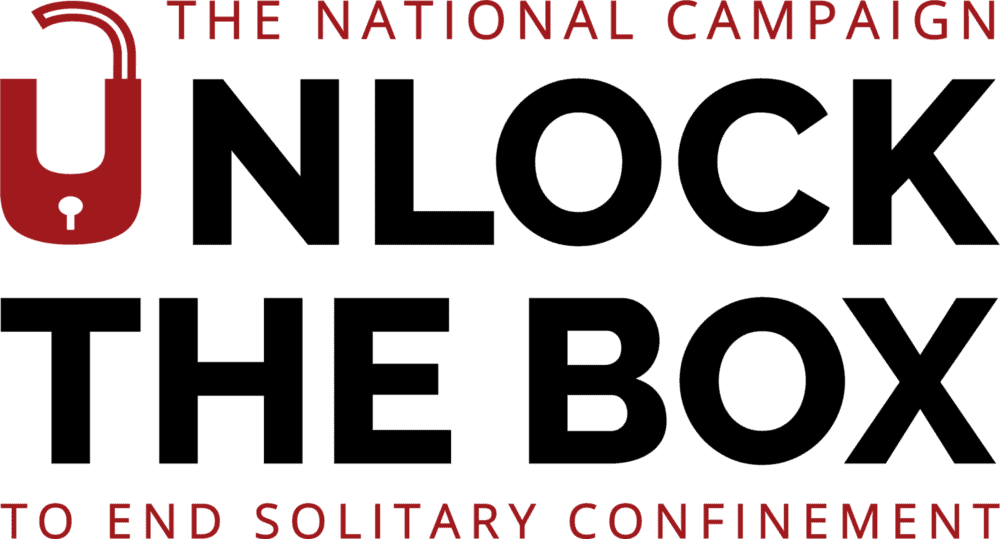Receiving Body
United Nations International Independent Expert Mechanism to Advance Racial Justice and Equality in the Context of Law Enforcement
Report Type
Submission for the 2023 country visit to the United States of the International Independent Expert Mechanism to Advance Racial Justice and Equality in the Context of Law Enforcement
Tags
The United States wields solitary confinement against Afro-descendent people in municipal jails, state and federal prisons, immigration detention centers, and care settings for foster youth, causing devastating mental, physical, and emotional harm. More than a third (33%) of people held in solitary confinement become psychotic and/or suicidal within the first 15 days, and people who have been subjected to solitary confinement are 78% more likely to commit suicide within a year of being released from prison. The severe suffering caused by solitary confinement can amount to torture as defined under international law.
Alongside grassroots partners, RFK Human Rights delivered this written submission to the United Nations International Independent Expert Mechanism to Advance Racial Justice and Equality in the Context of Law Enforcement (EMLER) in preparation for its 2023 tour of the United States. The submission details abusive solitary confinement practices against Black people in four jurisdictions in the United States: California, New York, Louisiana, and Minnesota.
In May 2023, EMLER visited Minnesota to hear testimony from survivors of solitary confinement in a roundtable organized by RFK Human Rights and partners, including Atlas of Blackness, which testified on the harms of juvenile solitary confinement. The following month, the Minnesota legislature banned juvenile solitary confinement, in line with the EMLER report’s urging that “solitary confinement shall never be imposed upon children.”
What solutions exist?
The federal government and states can enact bans on all uses of solitary confinement, except for periods measured in minutes or hours for emergency de-escalation. They can prohibit the use of solitary confinement 1) as a punishment, 2) indefinitely or for a prolonged period, and 3) for pregnant people, people with mental disabilities, or juveniles.
Legislators can also mandate public data reporting on solitary confinement for all local, state, and federal prisons, jails, youth treatment centers, and immigration detention centers. At a minimum, data should be disaggregated by race, gender, age, reason for placement in solitary, and length of time in solitary. Legislation should include a right of action to sue for enforcement of public data requirements.
How can I get involved?
Read this submission to learn how solitary confinement is abused in the United States.
Share this information with your networks.
Join and support an organization near you that is working to end immigration detention.
September 26, 2023
EMLER Report to the UN Human Rights Council on visit to the United States
June 1, 2023
Proposed Recommendations to the United States of America: Follow-up to Presentation to EMLER on May 2 in Minneapolis
February 24, 2023
Submission to the International Independent Expert Mechanism to Advance Racial Justice and Equality in the Context of Law Enforcement (EMLER)
Submission Partners
-

Atlas of Blackness
Atlas of Blackness (AOB) is a grassroots multimedia artistic research-based organization that mentors Black foster youth by providing them with resources to document their untold stories to produce authentic narratives rooted in their truth. Their work includes mutual aid support, Documenting MN community journalism program, child welfare & prison research, and resource sharing, including legal support.
-

California Mandela Campaign
Solitary confinement is one of the most severe and destructive practices used in detention facilities. The World Health Organization, United Nations, and other international bodies have recognized solitary confinement as greatly harmful and potentially fatal. People with disabilities, pregnant people, youth, and the elderly are all at heightened risk from the harm caused by solitary…
-

The #HALTsolitary Campaign
The New York Campaign for Alternatives to Isolated Confinement (NYCAIC), the coalition behind the #HALTsolitary Campaign, works to end solitary confinement for all people, promote alternatives proven to better protect people’s health and safety, and build on these changes to dismantle the racial injustices and punishment paradigm that underpin the entire incarceration system.
-

The Unlock the Box Campaign
Unlock the Box is a national advocacy campaign aimed at ending solitary confinement in all U.S. prisons, jails, detention facilities, and juvenile facilities, and bringing the United States into full compliance with the UN’s Mandela Rules for the Treatment of Prisoners within 10 years.

